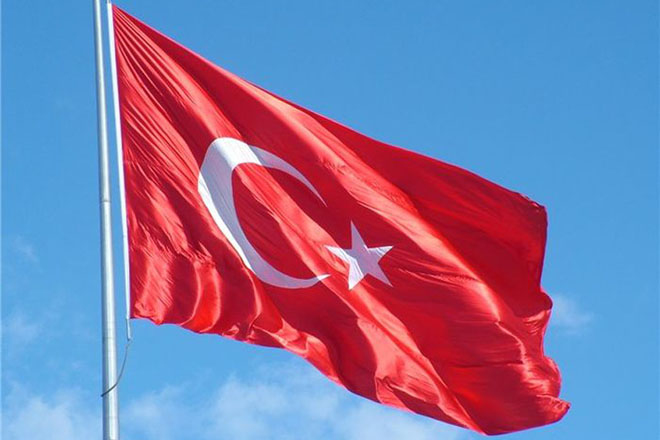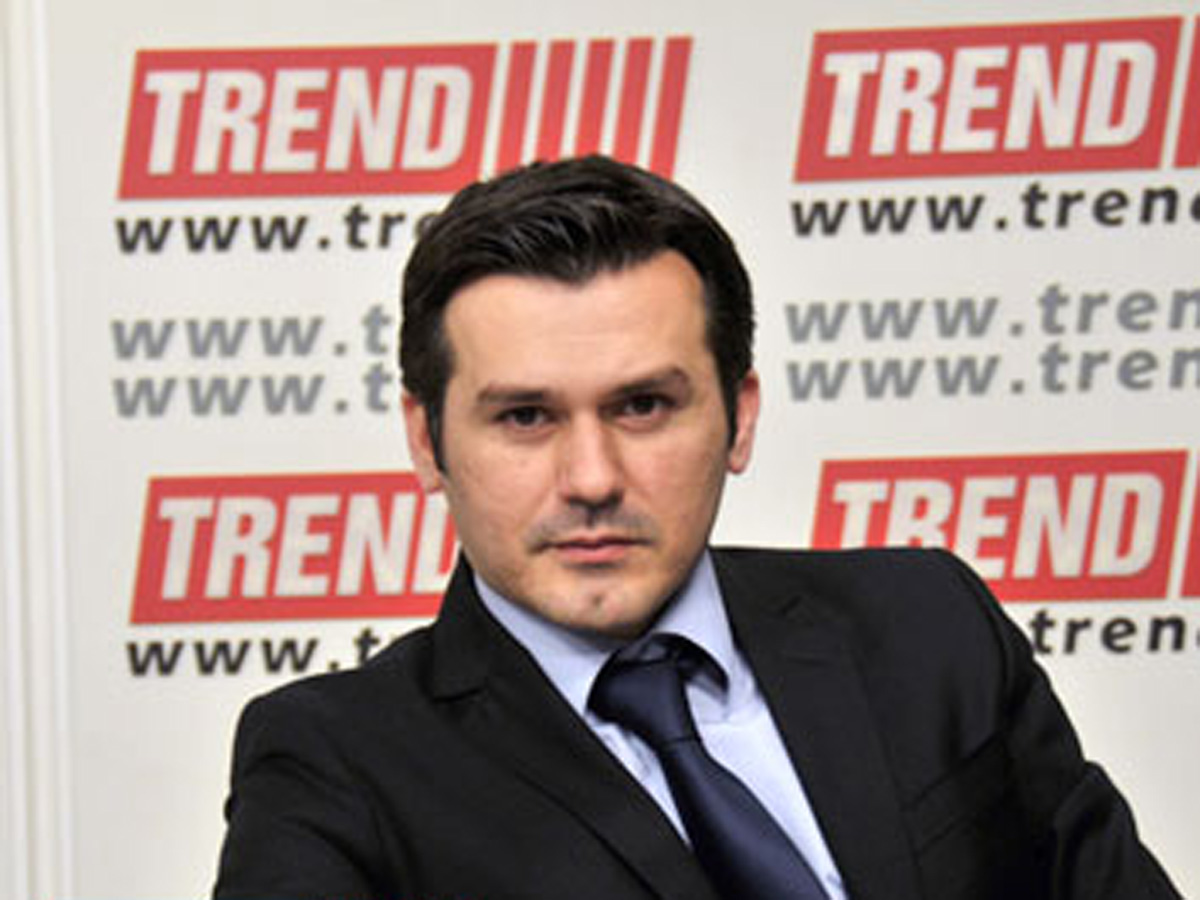Baku, Azerbaijan, May 21
By Rufiz Hafizoglu - Trend:
Turkey in the last 12 years has been pursuing an active energy policy in the region. Ankara's goal is to become a regional energy hub.
To do this, many projects, have been realized in recent years, and a number of other projects are today under implementation. And among those that are currently being implemented, the project for the Trans-Anatolian Natural Gas Pipeline (TANAP) is important. TANAP will ensure the energy security of Europe, and will also contribute to the region's development.
At the same time, Turkey and the Kurdish Autonomy of Northern Iraq have a contract for the supplies of gas. Under this agreement, the Northern Iraq is expected to begin exporting gas to Turkey in early 2016. The initial gas supplies will stand at 30 billion cubic meters a year.
Another important project is the Turkish Stream. Although its realization is still in question, the Turkish authorities, in case of implementing this project, will seek to obtain the maximum benefit from it.
As an evidence of this, one can cite the remarks made by the country's Minister of Energy and Natural Resources, Taner Yildiz, who said Turkey continues to negotiate with Russia on the Turkish Stream's implementation.
Yildiz also said that when it comes to national interests of Turkey, Ankara would act very carefully.
Drawing conclusion from this statement, it is possible to say that no matter how much Russia isolates Turkey from the Turkish Stream's construction, Ankara will in any case control this project, if even partially.
Earlier Yildiz also said Turkey will be the co-founder of the joint Russian-Turkish company, which is to be created in the county's province of Edirne, which will house the output flange of the pipeline onshore.
And so, these are all reasons to believe that at present the EU energy security, as well as the fate of the Turkish Stream is in the hands of Turkey.
Turkey becomes the last point where energy projects begin and end.
But for some reason this fact is not fully valued by either Russia or the EU. Namely, both Russia and the EU use double standards regarding Turkey, forgetting its energy prospects.
While the state-operated Botas expected Russia to make an acceptable discount for Ankara of 15 percent for supplied gas, Gazprom agreed to give a discount only to private Turkish companies, which account for over a third of Russian gas imports.
Discount on gas for the Turkish private sector amounted to about 25 percent in the first quarter, plus 15 percent in the second quarter of 2015.
As for relations EU-Turkey relations, all of Ankara's attempts to become a full member of the European Union (EU) have been unsuccessful.
If one carefully analyzes the relations between Turkey and the EU, one can conclude that membership of Turkey in the European Union is necessary first of all for the country's democratization.
"While Turkey builds its relations with the EU on the principles of democracy and human rights, the European Union has not yet decided on the principles of its relations with Ankara," the Turkish authorities said. "It is one of the main issues between the sides."
It is possible that those who use double standards against Turkey will sooner or later have to review their policy for the sake of their own interests.
Edited by CN
---
Rufiz Hafizoglu is the head of Trend Agency's Arabic news service, follow him on Twitter: @rhafizoglu








